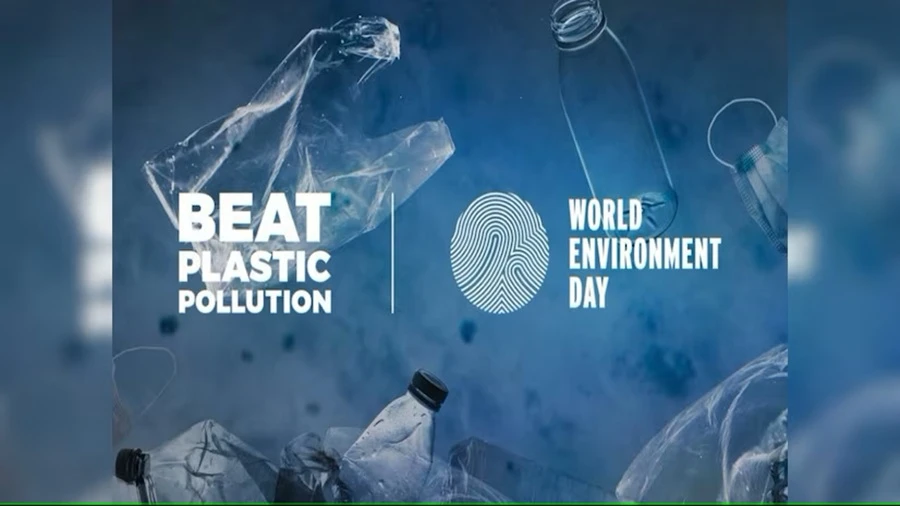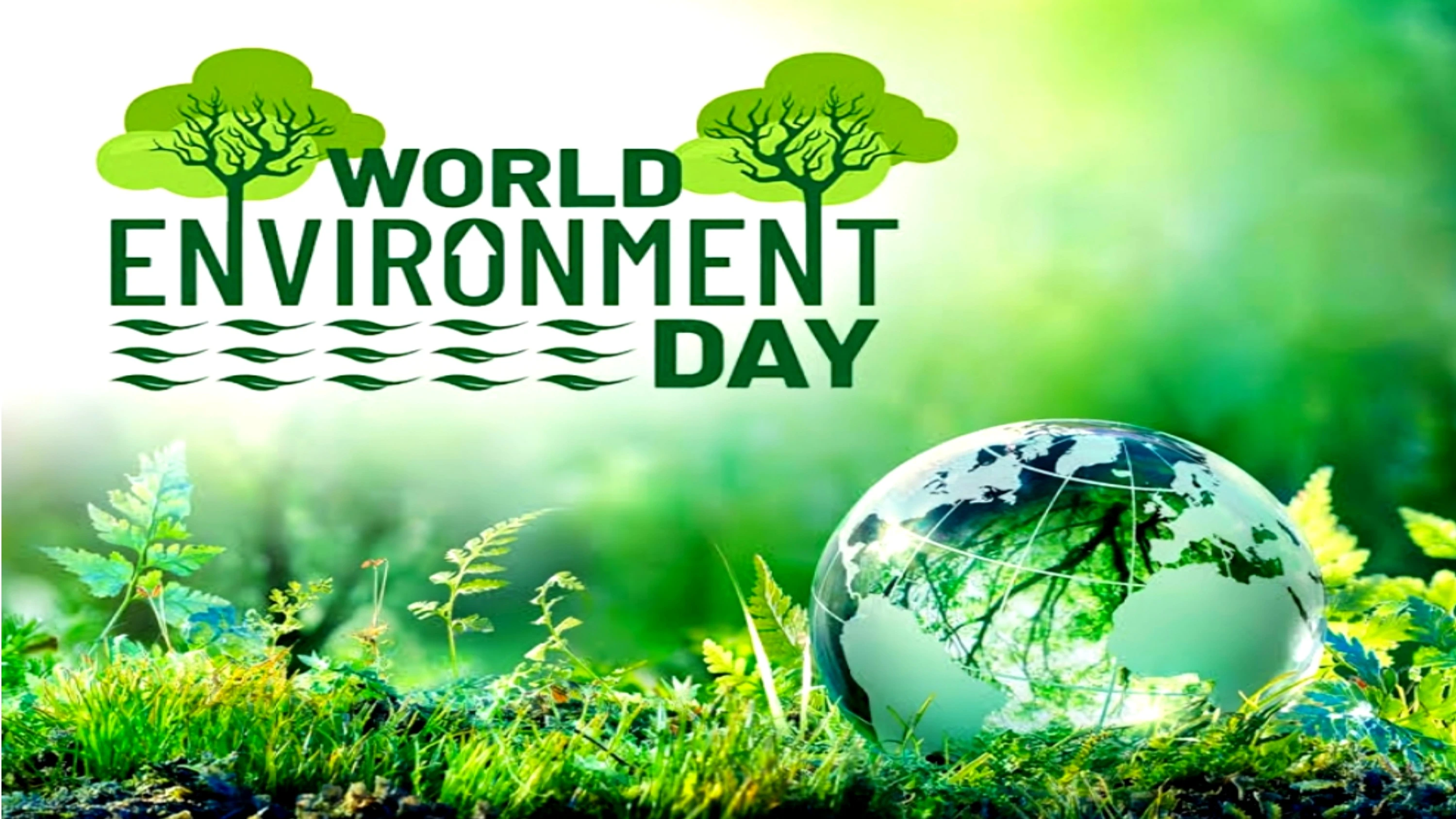Celebrated annually on June 5th under the auspices of the United Nations Environment Programme (UNEP) since 1973, World Environment Day serves as the premier global platform for environmental outreach.
Observed in over 150 countries, it convenes individuals and organizations to address pressing environmental challenges.
This year, World Environment Day champions UNEP’s #BeatPlasticPollution campaign, highlighting actionable solutions to one of the planet's most pervasive yet manageable problems. Hosted by the Republic of Korea, the campaign encourages a collective effort to ‘refuse, reduce, reuse, recycle, and rethink’ our daily plastic consumption.
Jeju Province, a scenic island renowned for its environmental initiatives and sustainable living patterns, will be the centre of the celebrations. Jeju has taken decisive action to eliminate plastic by 2040 and local governments there have boosted recycling, encouraged eco-tourism, and mandated garbage separation at the source.
As the campaign highlights, plastic has insidiously permeated every facet of our world, from the deepest oceans to the very air we breathe and food we consume. Each discarded plastic item, from a bottle to a wrapper, contributes to this global infiltration, potentially ending up in waterways, oceans, or even within our own bodies. By drawing inspiration from natural systems and showcasing tangible solutions, the campaign aims to inspire individuals, organizations, industries, and governments to adopt sustainable practices that foster systemic change.
Significantly, this year’s World Environment Day precedes a critical meeting where countries will reconvene to advance negotiations on a global treaty aimed at ending plastic pollution. This urgency underscores the severity of the issue: the world produces over 462 million tons of plastic annually, and despite its utility, a staggering 90% contributes to planetary pollution. Single-use plastics, such as cutlery and packaging, along with microplastics, which are shed from larger items like textiles, are particularly problematic.
Globally, an estimated 9 to 14 million tons of plastic waste enter our oceans each year, found from the deepest marine trenches to the most remote mountain peaks. This pollution inflicts severe harm on wildlife and ecosystems, disrupts the livelihoods of millions, and poses substantial risks to human health and the global economy. Without immediate intervention, global plastic pollution is projected to triple by 2040.
Despite a 60% increase in national and voluntary actions to combat plastic pollution over the past five years, the problem has worsened, with a 50% rise in overall plastic pollution. This demonstrates the ineffectiveness of fragmented approaches and underscores the need for a unified, legally binding global agreement. Public sentiment overwhelmingly supports stronger measures: 85% advocate for a ban on single-use plastics, 90% for a ban on hazardous chemicals in plastics, and 87% for reducing global plastic production. In the US, 85% of Americans agree that plastic waste pollution is a serious concern requiring immediate political action.
The solution lies in a new set of legally binding and equitable global agreements that outline concrete steps and timelines to transform how we produce and consume high-risk plastics. This must include:
- Phasing out all unnecessary plastic products that pose a high pollution risk, such as single-use items and excessive packaging.
- Establishing binding and specific design requirements for plastic products to decrease overall plastic consumption.
- Matching robust binding measures with ambitious mechanisms for effective implementation and a just transition, including strong technical and financial assistance.
In a landmark decision in March 2022, 175 nations at the UN Environmental Assembly in Nairobi, Kenya, voted to adopt a global treaty on plastic pollution. They agreed on an accelerated timeline, aiming for implementation as early as 2025. The unique potential of such a UN-led treaty is to establish a high common standard for plastic consumption across all countries, creating a level playing field and incentivizing national action towards a future free from plastic pollution.
The success of previous unified global environmental agreements, such as the Montreal Protocol, which has phased out over 99% of ozone-depleting substances and put the ozone layer on a path to recovery, illustrates the power of moving beyond fragmented national plans. However, time is of the essence. During the initial two-year negotiation period of the plastics treaty, ocean plastic pollution is anticipated to increase by 15%. Ending plastic pollution is within our reach, and these treaty negotiations represent a once-in-a-generation opportunity that demands swift action.







